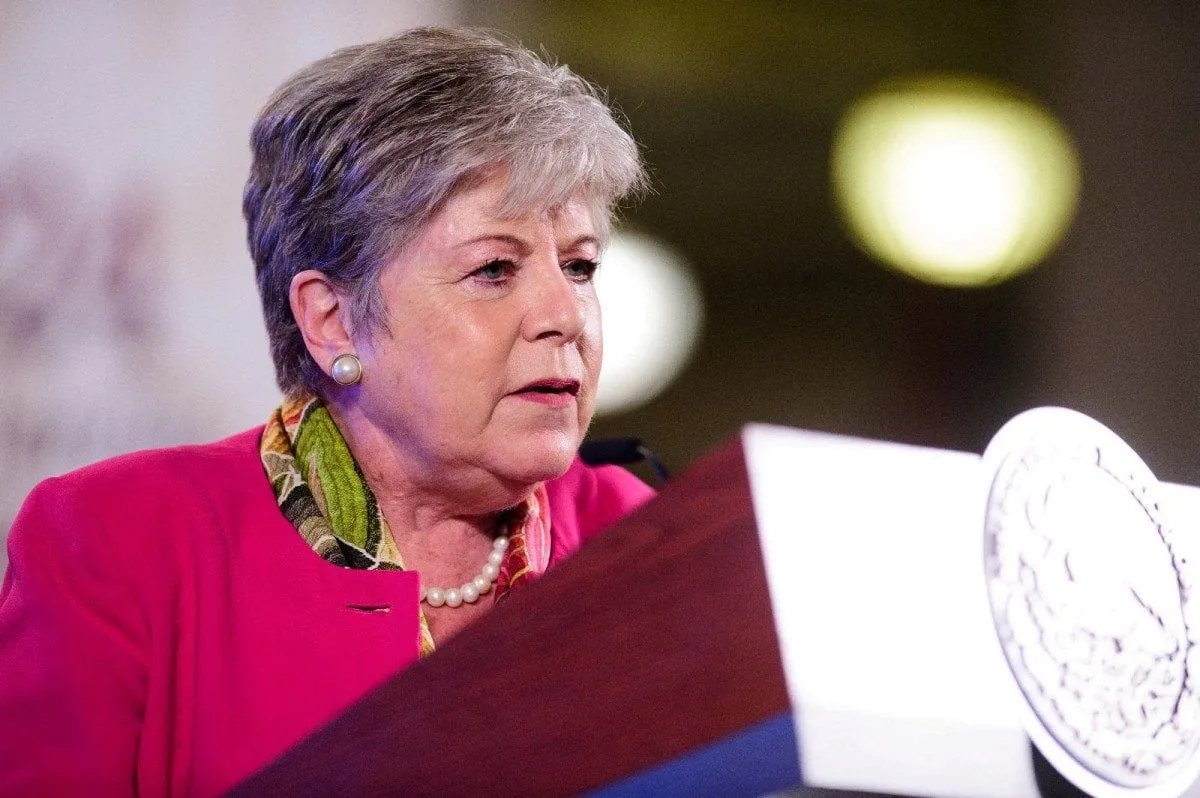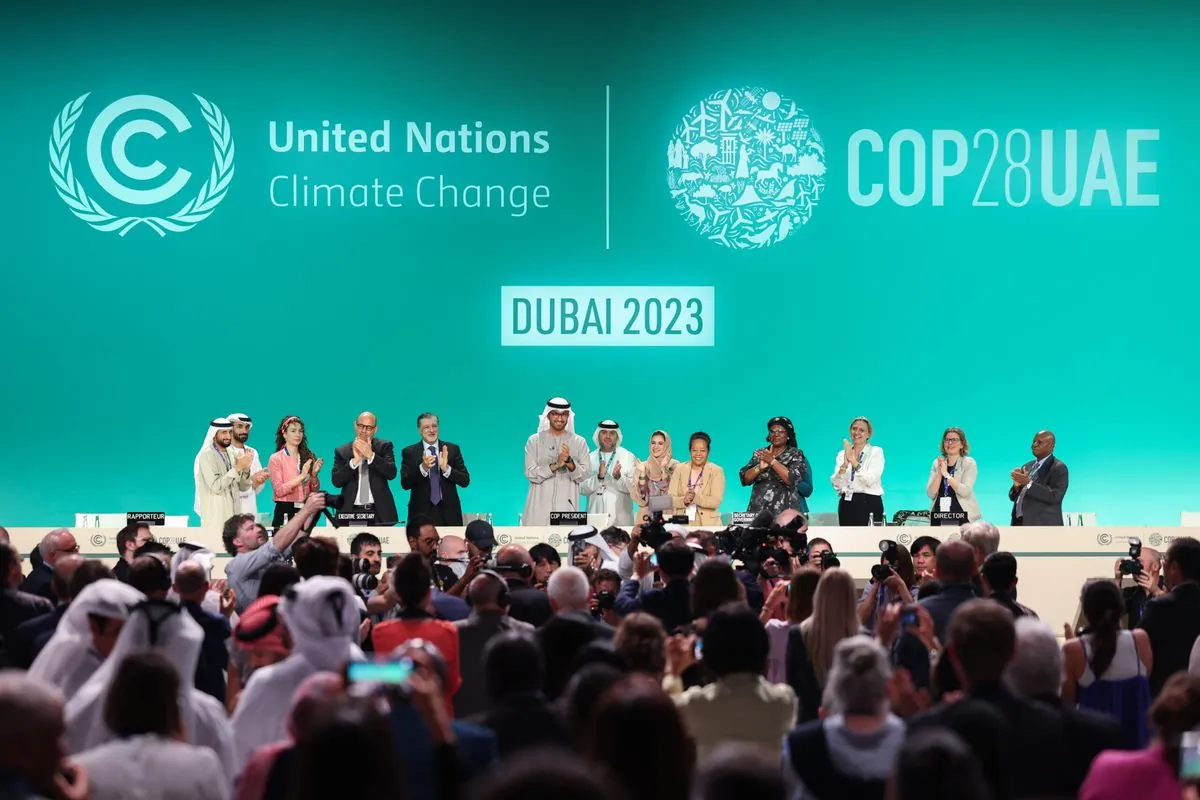Mexico's Feminist Foreign Policy: Progress and Challenges
Mexico leads in Feminist Foreign Policy, balancing international achievements with domestic hurdles. As the first Latin American adopter, it showcases progress in global forums while addressing internal gender equality issues.

In January 2020, Mexico made history by becoming the first Latin American nation to adopt a Feminist Foreign Policy (FFP). This approach, pioneered by Sweden in 2014, aims to enhance women's rights, resources, and representation in diplomatic efforts worldwide.
Mexico's FFP goals include advancing women's and LGBTQ+ rights globally, diversifying its diplomatic corps, increasing funding for gender equality initiatives, and implementing zero-tolerance policies for gender-based harassment within the foreign ministry.
Under the leadership of Foreign Minister Alicia Bárcena, Mexico has made significant strides in international forums. The country has consistently advocated for progressive language in multilateral negotiations, such as the UN Climate Change Conference (COP). Mexico has placed human rights, intersectionality, and gender equity at the forefront of climate action discussions.

Mexico has also shown leadership by co-chairing the Feminist Foreign Policy Plus Group (FFP+) at the UN alongside Spain. This group adopted the world's first political declaration on FFP, signed by 18 countries, pledging to take feminist approaches to foreign policies.
Domestically, Mexico has made progress in some areas of gender equality. Women now comprise half of the Mexican legislature, and high-level institutions such as the Supreme Court and Central Bank are led by women. The country has implemented over 80% of legal frameworks promoting gender equality as stipulated by international benchmarks.
However, challenges remain. Mexico faces a high femicide rate, with 11 women murdered daily. Negative biases against women are pervasive, with 90% of the population holding such biases. Critics argue that the government's international leadership on feminist approaches contrasts with the state of women's rights at home.
"It is fundamental to decenter the state, understanding that feminist foreign policies must be horizontal."
Despite these challenges, there is optimism about the future of Mexico's FFP. The election of Claudia Sheinbaum, Mexico's first woman president, and her human rights-based approach to gender equality offer potential for further progress.
As right-wing electoral successes in other countries threaten to abandon FFP, Mexico's continued leadership becomes increasingly important. The country's efforts serve as a valuable example to the world, demonstrating both the potential and challenges of implementing a feminist approach to foreign policy.


































